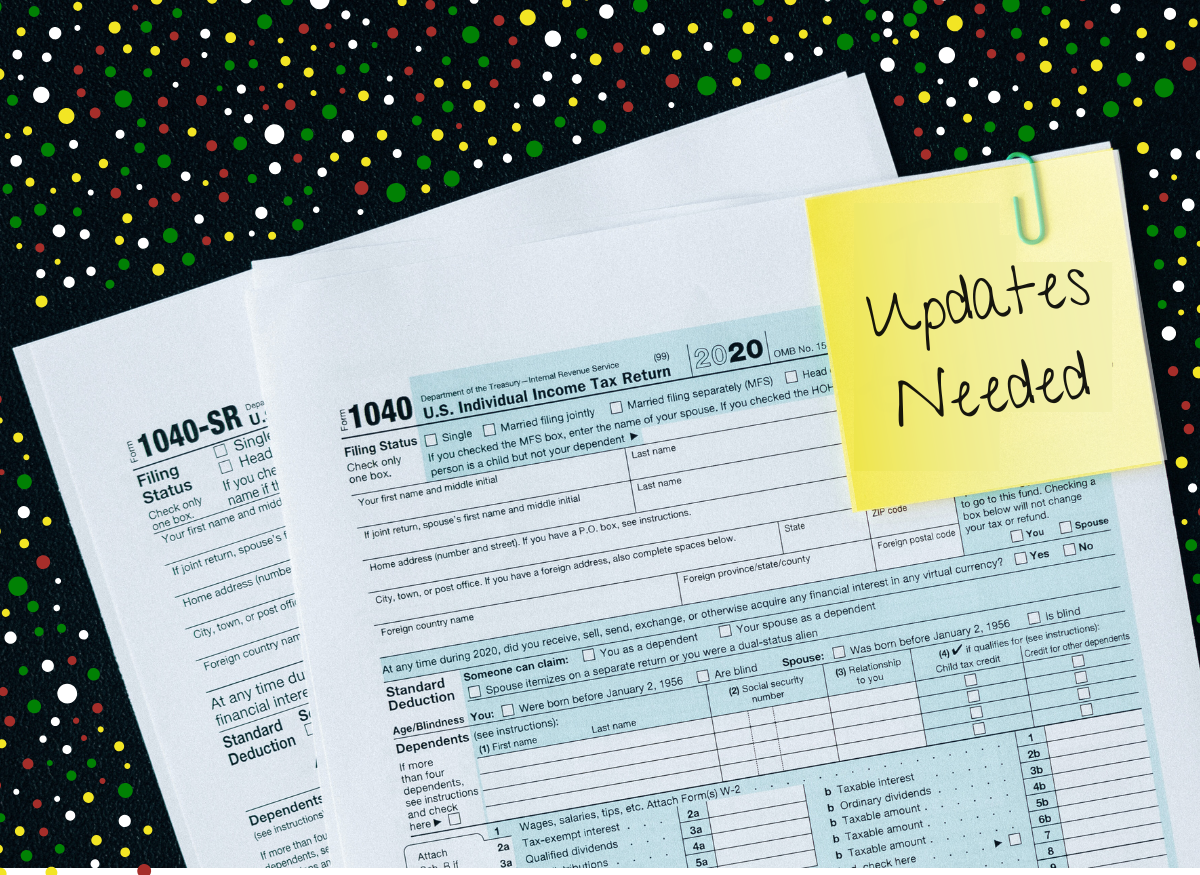Big Relief for Small Payments: How the 2025 Law Changes 1099s
As a virtual assistant (VA), gig worker, small business, or entrepreneur in today’s digital economy, you’re on the front lines of managing payments, reporting, and compliance. The One Big Beautiful Bill Act (OBBBA), signed into law in July 2025, dramatically changes IRS 1099 reporting requirements—especially for online payment platforms and freelancers. Here’s what you need to know, and how it impacts your day-to-day workflow in QBO.
New 1099 Reporting Thresholds at a Glance
| Form | Old Threshold (2025) | New Threshold Under OBBBA (2026+ for 1099-MISC/NEC) |
| 1099-K (for credit card, payment apps, and marketplaces) | $2,500 for 2025 ($600 planned for 2026+) | $20,000 and 200 transactions |
| 1099-NEC (for vendor/contractor payments) | $600 | $2,000 (2026); inflation-adjusted starting 2027 |
| 1099-MISC (rent, prizes, settlements, etc.) | $600 | $2,000 (2026); inflation-adjusted starting 2027 |
The bottom line: far fewer of your clients’ payments will trigger 1099s at the federal level.
How Does This Change Work for Virtual Assistants in QBO?
Fewer Small 1099s, Less Paperwork
Under the old rules, gig workers with just $600 in payments reported by PayPal—or a casual weekend rental host—could get a 1099. That meant VAs and businesses spent hours organizing W-9s, verifying addresses, and issuing or correcting tax forms for occasional, minor transactions. Now, only higher earners and frequent users will trigger 1099-MISC and 1099-K.
Your to-do list just got lighter:
- You won’t need to collect W-9s for most one-off vendors or gig workers—especially if you expect them to earn less than $2,000.
- You can focus on tracking only the significant contractors and regular vendors—not every small payment.
- You’ll spend less year-end time chasing missing tax ID numbers and reporting minor errors to the IRS.
- Freelancers and “side-gig” sellers can breathe easier—no more unwelcome tax surprises for small-time earners.
QBO Best Practices Under the New Law
- Update Vendor and Contractor Flags: Don’t “track payments for 1099s” in QBO unless the vendor or contractor is expected to cross the new annual thresholds.
- Collect W-9s Upfront for Big Vendors: For regular, high-earning contractors and suppliers, keep collecting, storing, and attaching W-9s to ensure a smooth year-end process.
- Still Record Every Expense: All business payments—even under the threshold—should still be entered accurately and categorized in QBO. This keeps your records audit-ready and organized.
- Double-Check Year-End Reports: When running QBO’s 1099 reports before year-end, remember to filter for only those who meet the new, higher thresholds.
- Stay Informed: These thresholds will adjust for inflation for 1099-MISC and 1099-NEC starting in 2027. Check IRS and QBO guidance every January.
Still Important for Gig Workers & Contractors
There are a few ways the old rules still matter. A gig worker or contractor who earns $400 or more in net profit must still report and pay income tax—whether or not they received a 1099.
Why This Matters for Your Clients
The new law takes a “don’t sweat the small stuff” approach. For your clients and their vendors, that means less paperwork, fewer compliance worries, and a better experience for everyone. But you still need to keep accurate records—not for the IRS, but for your clients’ own business health and audit readiness.
Key Takeaways for Virtual Assistants in QuickBooks Online
- 1099-K: No 1099-K payments under $20,000 and 200 transactions
- 1099-MISC: No form needed for under $2,000 in payments (2026+), inflation-adjusted form 2027
- Record Everything: Enter and categorize all business expenses, even small ones
- W-9s for Major Vendors: Only collect and store for those likely to cross thresholds
- Gig Workers: Remind clients that all income over $400 must still be reported to the IRS
Looking Ahead
The OBBBA means your gig-worker and small-business clients—and you, as their virtual assistant—are spared the burden of paperwork for minor, one-off payments. But QBO still helps you track, organize, and report on every transaction, so you’re ready for whatever comes next. Stay organized, stay informed, and breathe easier this tax season!
References for VAs and Business Owners:
House Ways and Means Committee summary
IRS Guide to Form 1099-K



